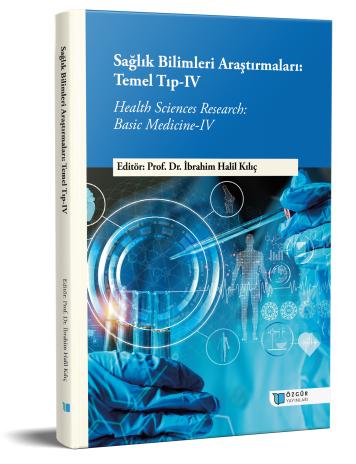
Salmonella spp. Enfeksiyonları
Şu kitabın bölümü:
Kılıç,
İ.
H.
(ed.)
2023.
Sağlık Bilimleri Araştırmaları: Temel Tıp- IV.
Özet
Salmonella’lar Enterobacteriaceae ailesinde yer alan ve spor oluşturmayan gram negatif çomaklardır. Salmonella spp., gıda kaynaklı olan çok önemli enfeksiyonlardan sorumlu bir patojendir. Halk sağlığı açısından ve ekonomi açısından dünya genelinde bir tehdit oluşturmaktadır. Her sene bütün dünya da Salmonella spp. enfeksiyonlarına bağlı olarak birçok insan ölmektedir. Çoklu ilaca dirençli Salmonella suşlarında endişe verici bir artış gözlemlenmiştir. Salmonella spp. akut enterit, enterik ateş, bakteriyemi, ve invazif enfeksiyonlar gibi farklı enfeksiyon durumları ile karşılaşılabilir. Bu enfeksiyonu önleyici stratejiler, tarladan sofraya kadar tüm gıda üretim zincirini kapsar. Tarımsal uygulamalardan itibaren hijyen standartlarının dikkatli bir şekilde takip edilmesi, çiftlik hayvanlarının ve ürünlerin hijyenik koşullarda yetiştirilmesi, gıda işleme aşamalarında temizlik ve dezenfeksiyon protokollerinin uygulanması bu stratejilerin bir parçasıdır.

